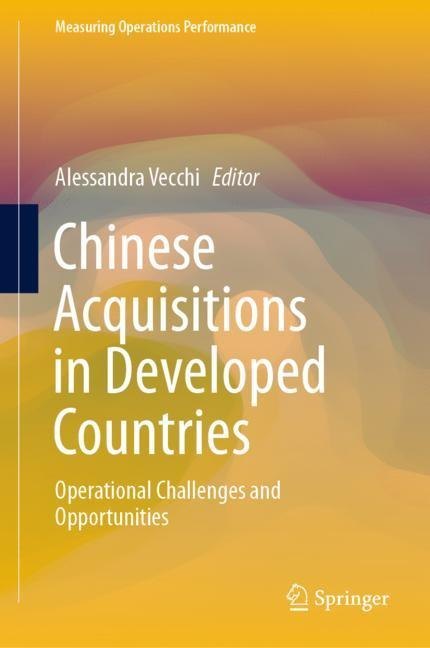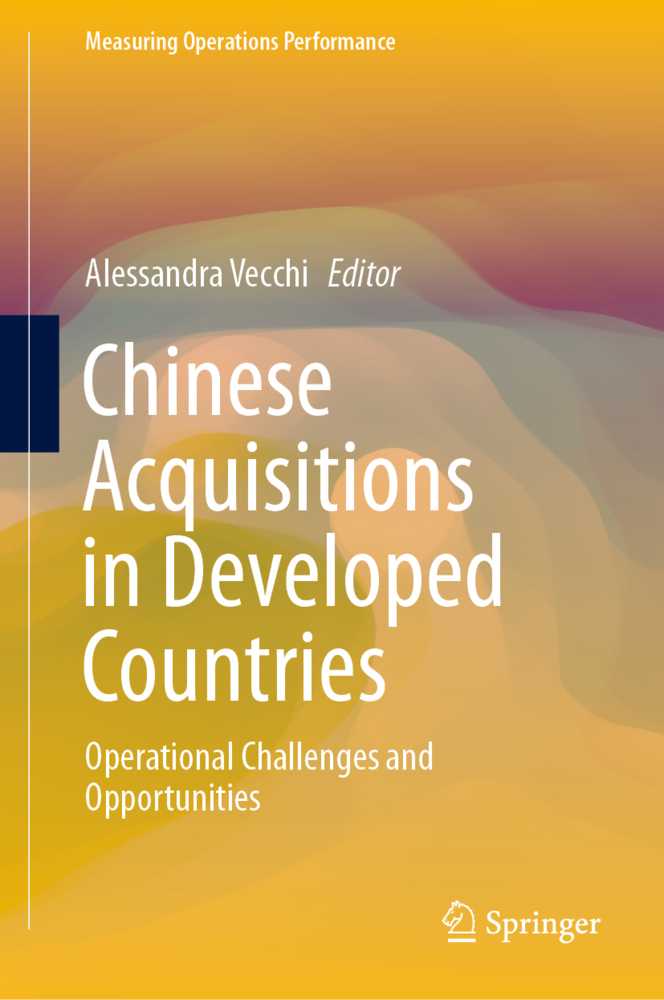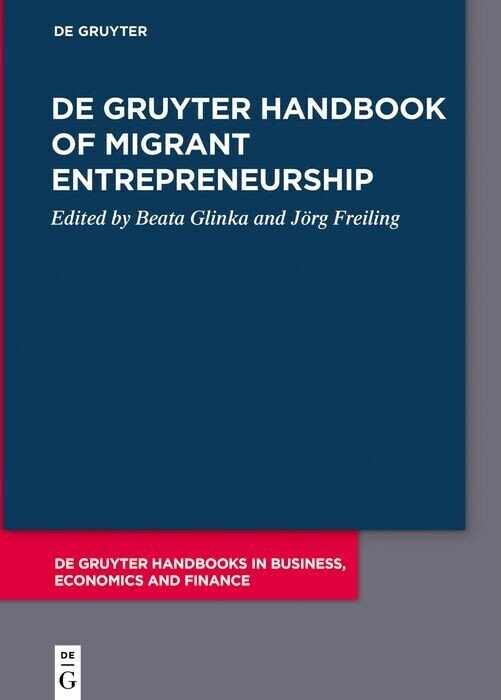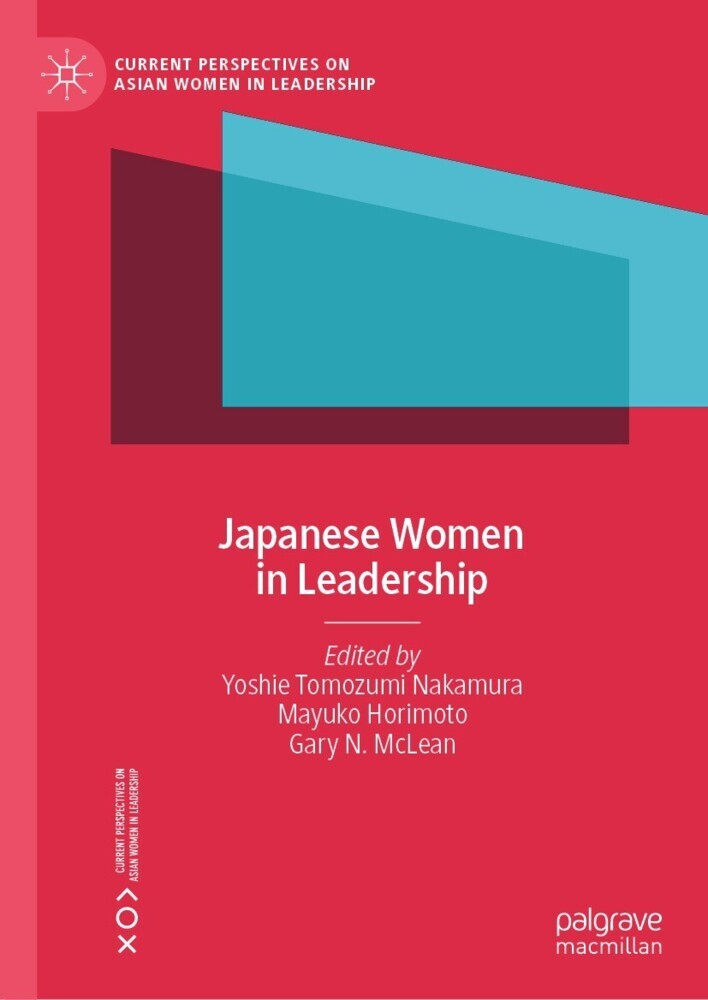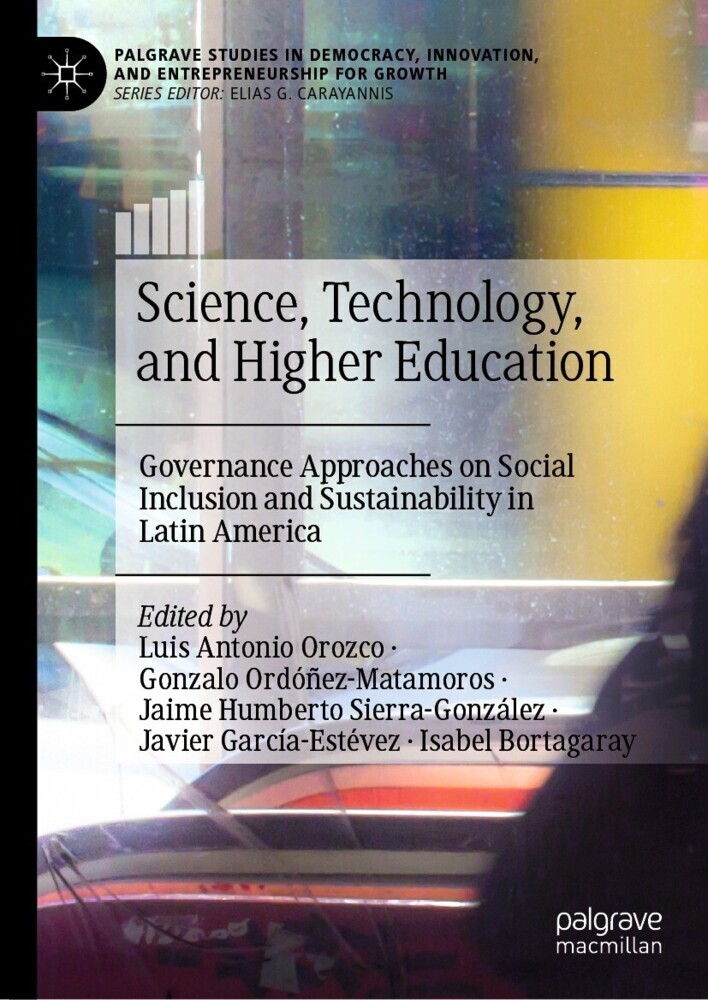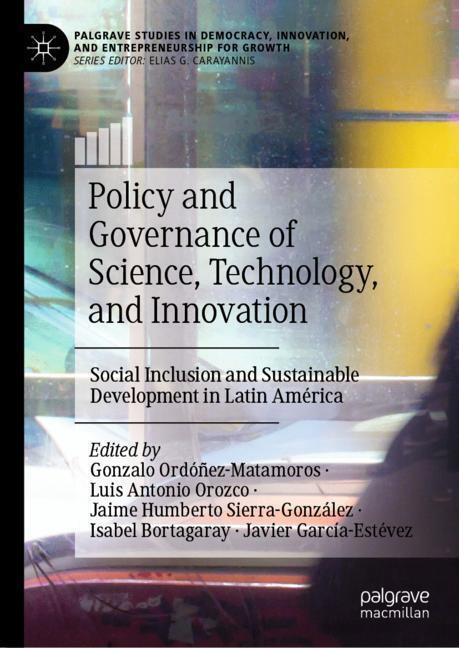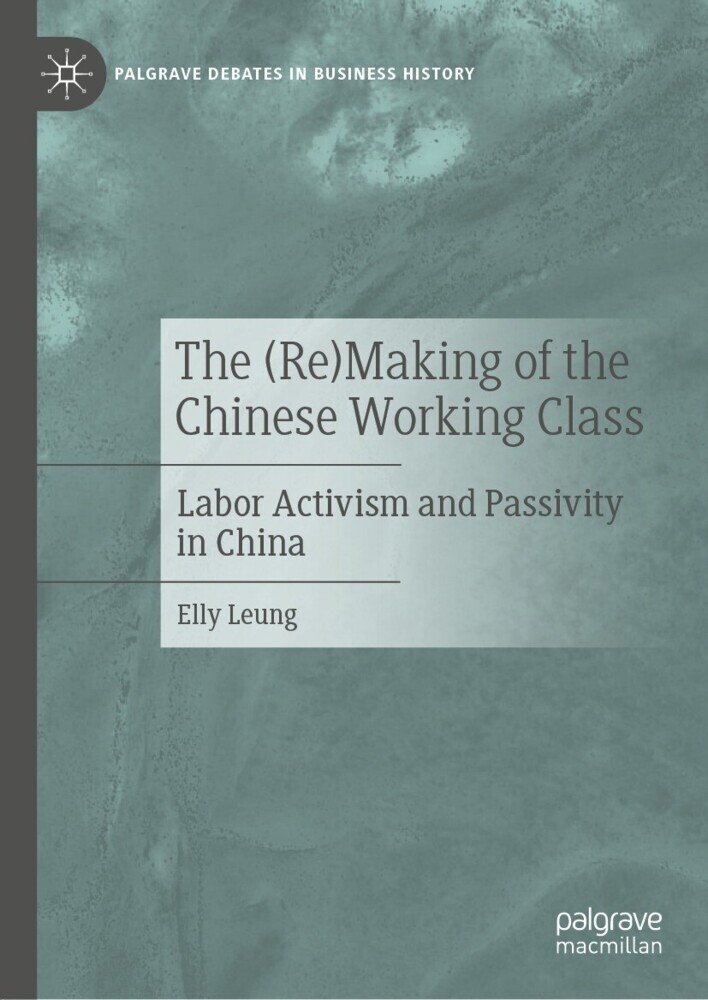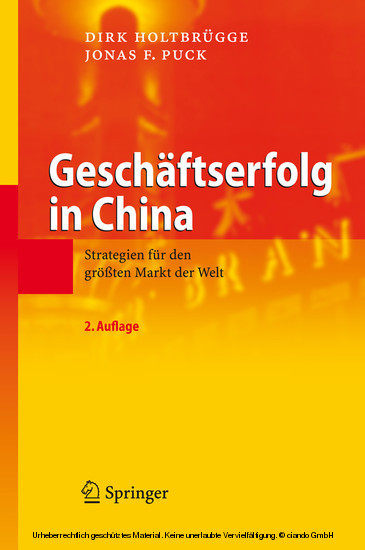Chinese Acquisitions in Developed Countries
Chinese Acquisitions in Developed Countries
This book assesses Chinese acquisitions in developed countries, evaluates the drivers and opportunities and, above all, explores the major operational challenges. It discusses topics such as cross-cultural issues, integration strategies, risk and resilience, the influence of emerging technologies, servitization, impacts on reshoring, corporate social responsibility, branding strategies, knowledge management, and transfer of best practices.
While emerging market multinational corporations' (EMNCs) use of mergers and acquisitions as a strategic vehicle has received considerable attention, much less is known about their post-entry activities, such as the implementation of post-acquisition and integration strategies. It can be expected that, compared with their Western counterparts, EMNCs will face radically different challenges that may undermine the success of their products, brands and marketing. Addressing these issues by means of a case study approach, this book is an ideal teaching resource for a variety of courses at both undergraduate and postgraduate level. It also appeals to academics, researchers, and practitioners with a keen interest in manufacturing industry.Alessandra Vecchi is an Assistant Professor at the Department of Management at the University of Bologna in Italy, where she holds a Marie Curie Fellowship. She is also a Senior Research Fellow at the London College of Fashion. In addition to teaching several subjects, mostly in the field of International Business and Operations Management at postgraduate level, she supervises MA and PhD students in a wide array of Fashion Management-related subjects. She has written a number of high-profile publications, and her research interests tend to be of a multidisciplinary nature and rather eclectic.
1;Contents;6 2;1 The Rise of Chinese Multinationals: The Changing Landscape of Global Competition;7 2.1;Abstract;7 2.2;1 Introduction;8 2.2.1;1.1 Major Economies Represented in the Global Fortune 500;8 2.2.2;1.2 Profitability of Selected Industries;9 2.2.3;1.3 Market Capitalization and Valuation;11 2.2.4;1.4 Capital Structure Analysis;13 2.3;2 Comparing Price Competitiveness Among Chinese eMNCs;14 2.4;3 Can Chinese Brands Gain Global Dominance?;20 2.5;4 Conclusion;22 2.6;References;22 3;2 Chinese State-Owned Enterprises in the Market for Corporate Control. Evidences and Rationalities of Acquisition in Western Countries;23 3.1;Abstract;23 3.2;1 Introduction;23 3.3;2 Background: China Going Global;24 3.4;3 Literature Analysis;29 3.4.1;3.1 SOEs in the China;29 3.4.2;3.2 SOEs in the Market for Mergers and Acquisition;29 3.4.3;3.3 Rationalities Behind SOEs' M&A Deals;30 3.5;4 Sample and Data Collection;31 3.6;5 Analysis;32 3.6.1;5.1 Descriptive Analysis;32 3.6.2;5.2 Rationalities;36 3.7;6 Discussion and Conclusion;38 3.8;Appendix;39 3.9;References;40 4;3 International Expansion of Chinese Emerging Market Multinational Corporations to Developed Markets: A Qualitative Analysis of Post-acquisition and Integration Strategies;43 4.1;Abstract;43 4.2;1 China's Institutional Profile and Institutional Complexity;44 4.2.1;1.1 Post-dot-com Wave from 2000 to 2008;45 4.2.2;1.2 Post-recession Wave from 2009 to Present;47 4.3;2 A Qualitative Analysis of Post-acquisition and Integration Strategies;48 4.3.1;2.1 Company Background;49 4.3.2;2.2 M&A Background;50 4.3.3;2.3 Strategic Objectives of the Acquisition;51 4.3.4;2.4 Supportive Partnering Integration Approach;52 4.4;3 Conclusion;57 4.5;References;57 5;4 Contrasting Germany and China: What Is the Influence of Culture and Learning on the PMI-Process?;60 5.1;Abstract;60 5.2;1 Introduction;60 5.3;2 The Post-merger Integration Process;63 5.4;3 Culture as an Influencing Factor for the PMI Process;65 5.5;4 Learning in the PMI Process;66 5.6;5 Integrative Framework for Culture and Learning Influencing the PMI Mode;69 5.6.1;5.1 Cultural Differences and Dimensions in the PMI Process;69 5.6.2;5.2 Integration of Learning and Knowledge in a Cultural PMI Mode Framework;71 5.7;6 Research Development;73 5.8;7 Case Study Results;76 5.8.1;7.1 Strategic Intent;76 5.8.1.1;7.1.1 Synergetic Potential;77 5.8.2;7.2 Influence of National and Organizational Culture;79 5.8.3;7.3 Organizational Learning Influences;82 5.8.3.1;7.3.1 Merger Experience and AC;82 5.8.3.2;7.3.2 Organizational Learning and Knowledge Exchange;84 5.9;8 Implications for Practical and Theoretical Application;85 5.9.1;8.1 Chinese Companies Acquiring German Firms;87 5.9.2;8.2 German Companies Acquiring Chinese Firms;89 5.10;9 Concluding Remarks;91 5.10.1;9.1 Conclusion;91 5.10.2;9.2 Further Research;93 5.11;References;94 6;5 "Opportunities, but Nothing Very Concrete:" The Challenge Finns Face with Chinese Delegations' General Level of Interest in Finland;99 6.1;Abstract;99 6.2;1 Introduction;99 6.2.1;1.1 Background and Purpose;99 6.2.2;1.2 Theoretical Framework and Concepts;102 6.2.3;1.3 Methodology and Data Analysis;103 6.3;2 Description of General Context Regarding Chinese-Finnish Co-Operation;105 6.4;3 Challenge of the General Level of Chinese Interest in Finland;108 6.5;4 Conclusions, Theory of the Case and Implications;111 6.6;References;114
Vecchi, Alessandra
| ISBN | 9783030042516 |
|---|---|
| Artikelnummer | 9783030042516 |
| Medientyp | E-Book - PDF |
| Copyrightjahr | 2018 |
| Verlag | Springer-Verlag |
| Umfang | 115 Seiten |
| Sprache | Englisch |
| Kopierschutz | Digitales Wasserzeichen |

